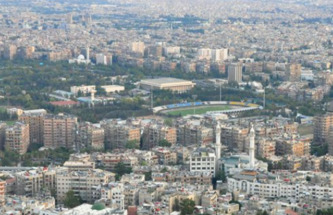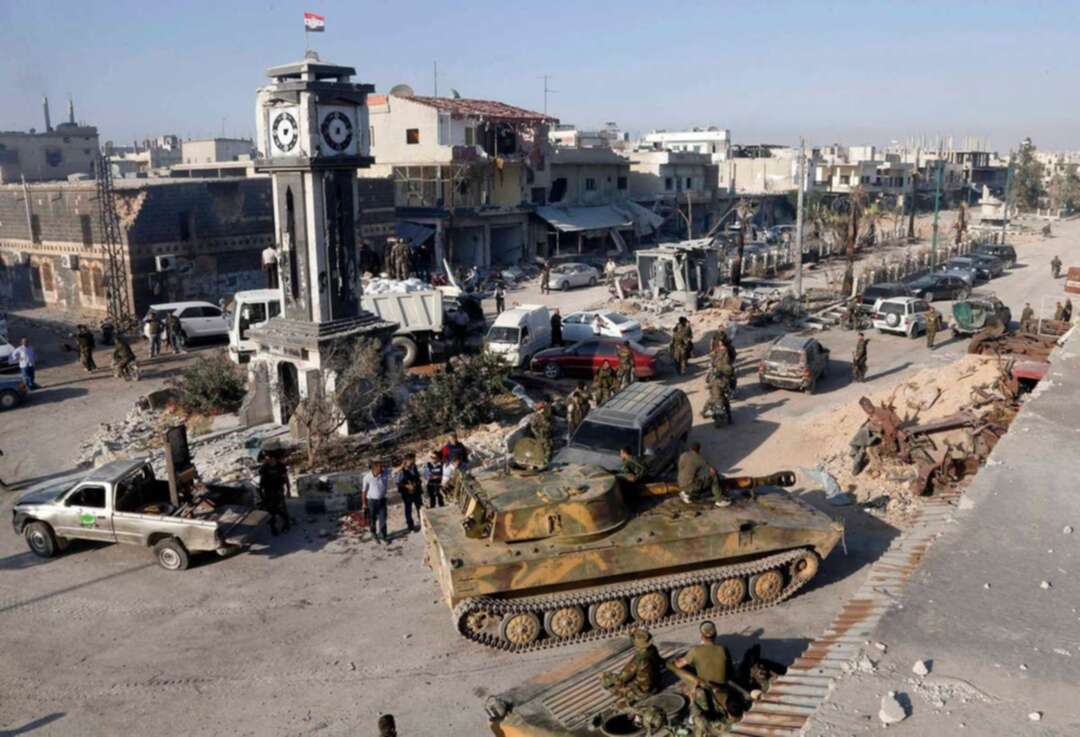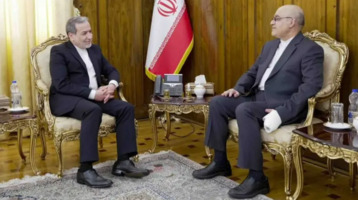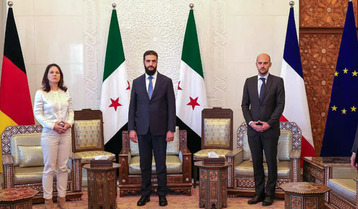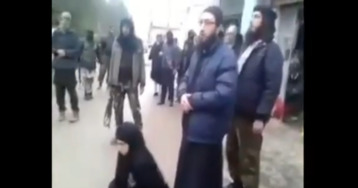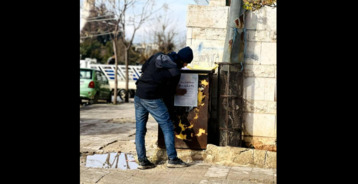-
Israeli Channel Sparks Controversy by Including Al-Sistani Among Potential Tel Aviv Targets
-
The appearance of the Iraqi Shiite cleric's image among a list of targeted personalities could inflame sentiments in Iraq and increase tensions between Baghdad and Tel Aviv
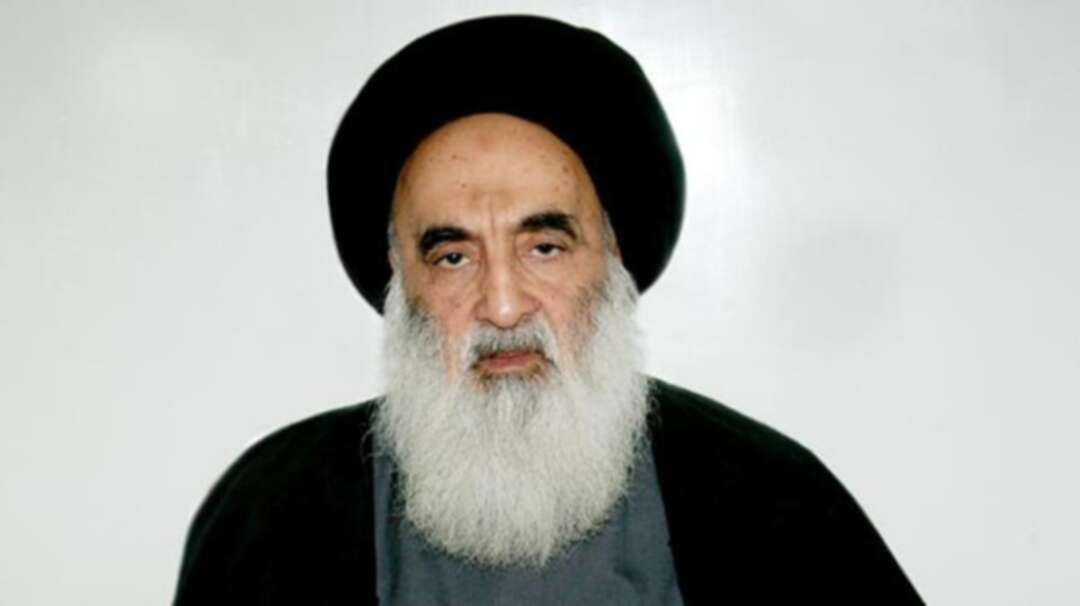
An Israeli channel caused widespread uproar by publishing a photo of Iraqi Shiite cleric Ali Al-Sistani among a group of prominent figures, considering them potential targets for Israeli assassination operations.
In a quick response to this development, the U.S. Ambassador to Baghdad, Alina Romanowski, issued a statement emphasizing her country's rejection of any attempt to target Al-Sistani. Romanowski referred to the Iraqi cleric as a "respected religious figure" who is highly regarded on the international stage, affirming his vital and influential role in maintaining regional stability.
The statement, published by the U.S. Embassy's media office on the "X" platform on Thursday, read: "We oppose any attempt to target His Eminence, and the United States continues to support efforts aimed at enhancing stability in the region."
Israeli Channel 14 had shown Al-Sistani's picture alongside images of other prominent figures, including Houthi leader Abdul-Malik al-Houthi, Lebanese Hezbollah's Deputy Secretary-General Naim Qassem, Hamas Political Bureau Chief Yahya Sinwar, as well as the commander of Iran's Revolutionary Guards Quds Force Esmail Qaani, and Iranian Supreme Leader Ali Khamenei.
The channel broadcast these images on Tuesday with the word "target" above each personality, without providing any explanation for including Al-Sistani in this list. The images appeared during a report by one of the channel's correspondents about Israel's potential response to the recent Iranian missile attack on Israel.
The correspondent reported in his coverage that Israel "has decided to strike Iran, but the specific targets and timing have not yet been determined." No official comment has been issued by the Israeli military regarding the list published by the channel.
It's worth noting that Israel has claimed responsibility for eliminating several Hezbollah leaders recently, including the party's Secretary-General, Hassan Nasrallah, last September.
Tel Aviv has repeatedly affirmed over the past year its continuation of its "military campaign" in Gaza until the "elimination" of Hamas and its leaders, who are believed to be hiding in underground tunnels in the southern part of the Strip, including Hamas leader Yahya Sinwar.
Levant - Agencies
You May Also Like
Popular Posts
Caricature
opinion
Report
ads
Newsletter
Subscribe to our mailing list to get the new updates!


